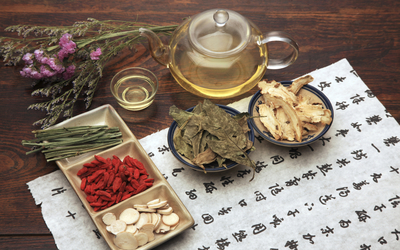How Does Traditional Chinese Medicine Differ from the West?
The problem with the term “complementary wellness” is that it implies a certain “add-on” element to health practices; sure, they may help, but only on top of proper Western medicine. However, there are several ways in which the Eastern view on medicine is completely different to the way that, here in the UK, we look at the subjects of health and wellbeing. This is certainly the case when it comes to Traditional Chinese Medicine (TCM).
According to the tradition, diseases and unbalances within your body are connected to its energetic patterns and features. In most cases, a disease is seen as directly related to a disturbance in one of your vital organs. A traditional Chinese doctor will take a holistic approach to diagnosis, taking into account every aspect of you as a person. This means analysing your emotional patterns, activity levels, nutritional intake and lifestyle. As you can see, there’s no such thing as a “one-size-fits-all” treatment in Oriental Medicine.
The same can be said of Chinese Dietary therapy; everyone is different, and so in order to use nutrition to restore your wellness, your TCM doctor will have to look at your specific condition and constitution in order to determine the foods that will work the most effectively. Whereas a Western doctor or wellness expert will evaluate foods for proteins, calories, carbohydrates, vitamins, and other nutritional contents, in TCM takes this one step further; analysing the energetic properties of food like energy, flavour and movement.
Chinese Dietary therapy is seen as the primary solution for disease prevention, as well as restoring your body’s vitality and general wellbeing. However, while TCM principles are based on the inner workings of individuals, there are a few basic Eastern principles and recommendations that you can apply to your lifestyle, no matter who you are:
1. When possible, eat local and organic food.
2. Eat according to your constitution, i.e. don’t eat really cold foods if you’re always cold.
3. Avoid processed foods and try to eat foods in their whole form.
4. Don’t deprive yourself of a nice treat, but try to maintain a healthy wholesome diet most of the time.


Comments are closed.